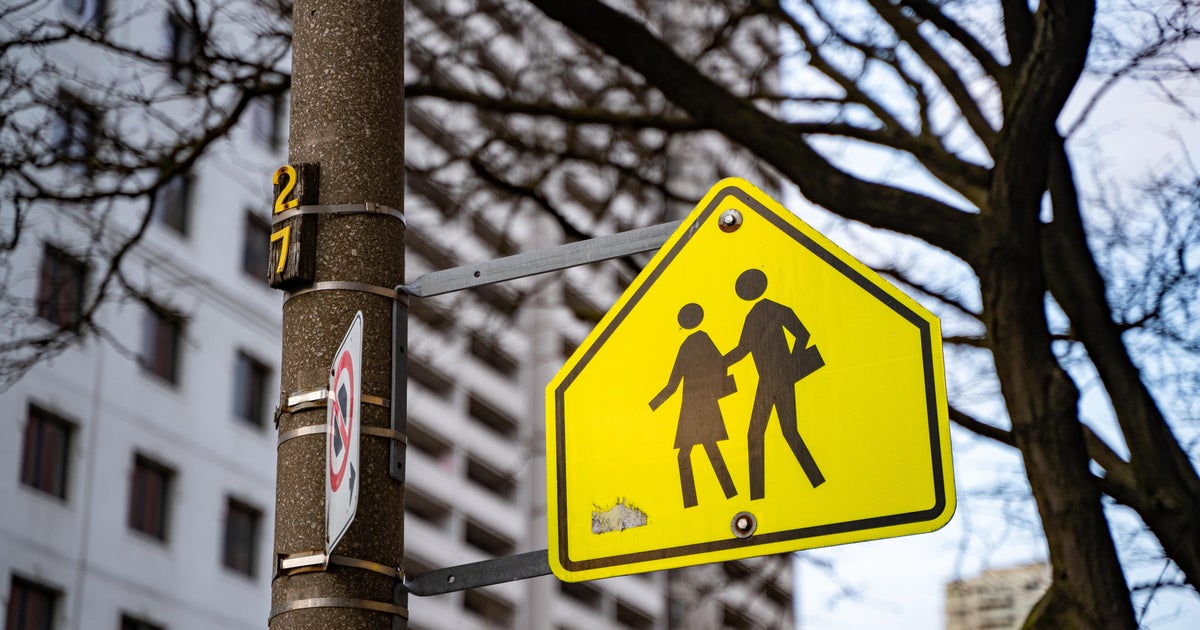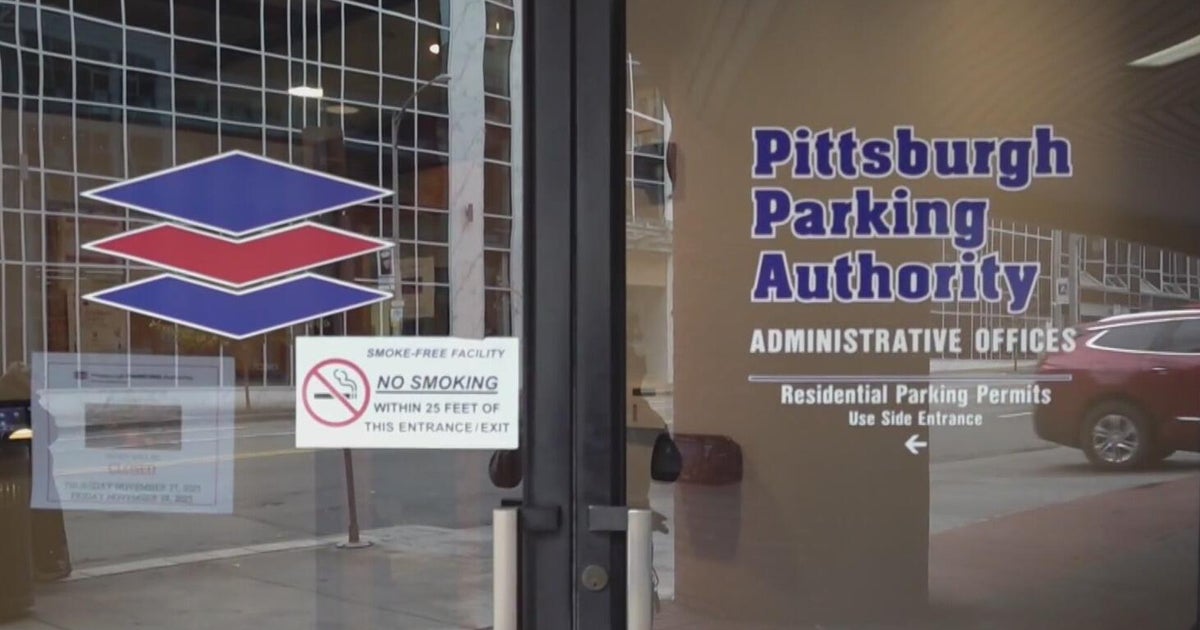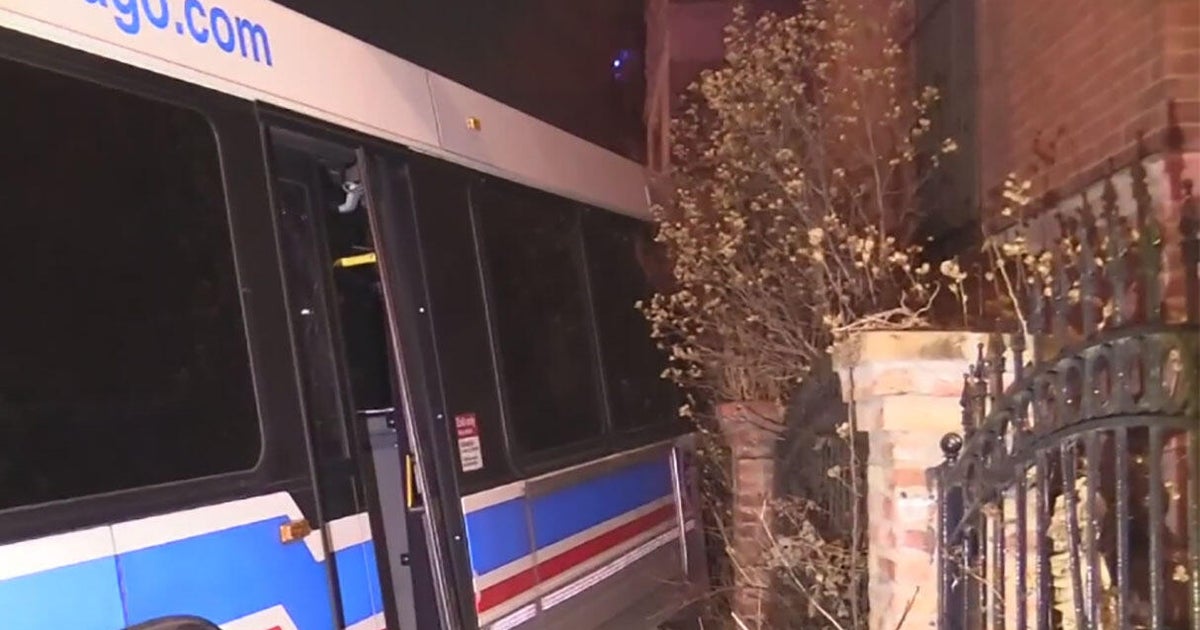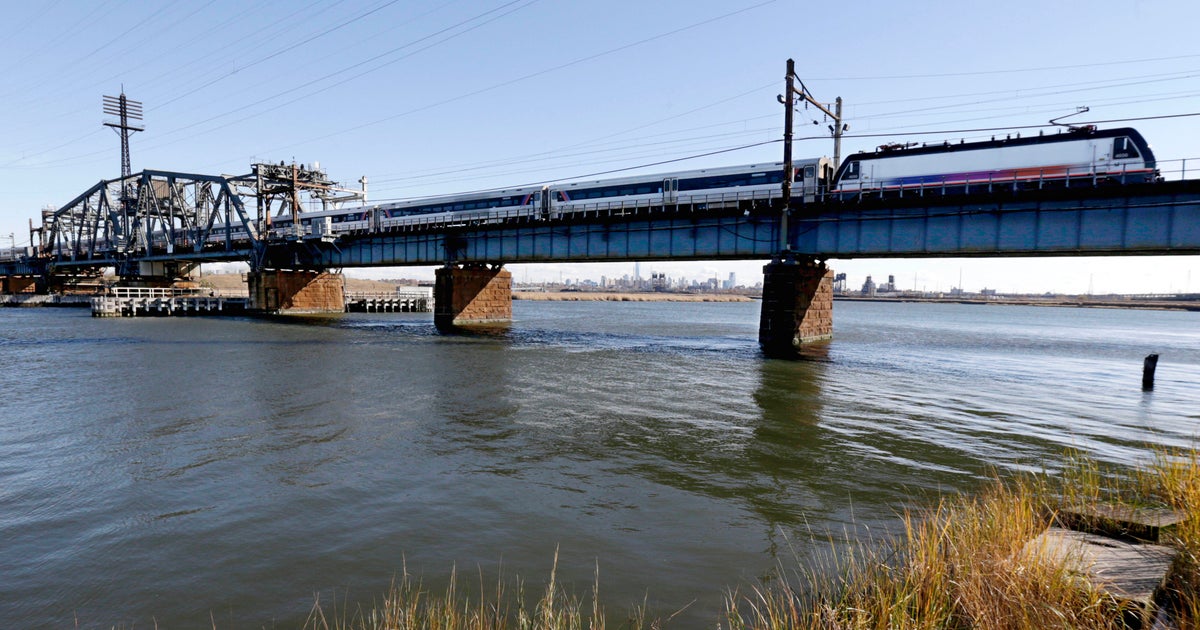Fines Will Be Changing At Red Light Cameras In Denver
DENVER (CBS4) - Denver drivers may have to deal with red light cameras for another year.
On Tuesday evening the city council gave initial approval to renewing the contract with the company that runs the four cameras. They're located at 6th and Lincoln, 6th and Kalamath, 8th and Speer, and 35th and Quebec.
People have been up in arms over being ticketed for stopping at the light, but beyond the white line. Now it appears the fine will be sharply reduced.
Right now those who stop just beyond the white line at an intersection with a red light camera get a $75 fine. Bob Cilli is one of those who got stung.
"There's the white line. I'm not quite in the cross walk, but I am over the white line," Cilli said as he showed the picture to CBS4's Rick Sallinger.
Even though he didn't go through a red light, the fine he paid is the same as for those who do.
"I thought the $75 fine was a little high. So $40 would be better, but I don't stop over the line anymore," Cilli said.
That is a good thing, according to Ed Neuberg. He's the director of Denver's Office of Disability Rights.
"Somebody with a wheelchair, for example, would have to veer around that vehicle and possibly go out into traffic," Neuberg said.
Try as they might, those who have been ticketed for going over the line frequently end up losing in court.
Despite the complaints it appears rather than drop the fine, the city will just reduce it.
"We didn't get into what the fine should be, how it should be rendered, or what level; if there should be a differentiation in the fines," a city official said. "We were just concerned that there was a deterrent to keep the vehicles out of that area."
"Anything they can do to not raise my taxes and collect money some other way would be fine with me," Cilli said.
Nevertheless, the debate continues over whether the cameras are a matter of safety or just making money for the city of Denver.
The issue came after city auditor Dennis Gallagher issued a report saying the program should be terminated unless the city can justify the value in terms of safety.







